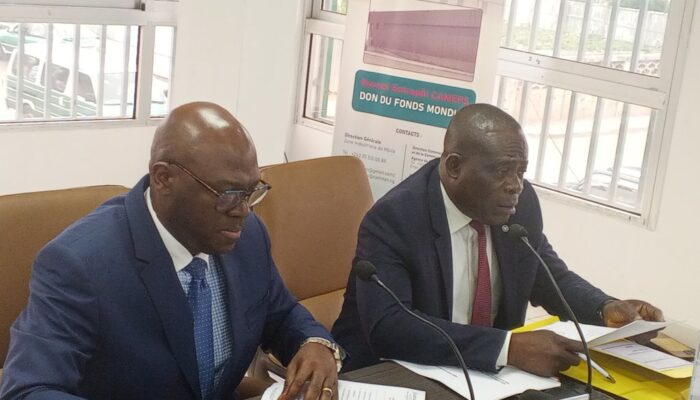The China Oil Natural Gas Overseas Holding United company obtained two exploitation permits last January, including that of Conkouati known for its proximity to the eponymous national park. During a stay in Beijing in China, the Minister of Hydrocarbons, Bruno Jean Richard Itoua, discussed the progress of the projects with the head of the China Oil Gas group, Li Xue Quan.

The two oil permits, Conkouati and Nanga III, were awarded to the beneficiary company on January 18 by the Council of Ministers. The Oil Natural Gas company, which holds 85% of each permit, shares the operations with the National Petroleum Company of Congo (15%). Regarding the Conkouati oil permit, the authorities should ensure that the execution of the oil projects does not affect the sphere of the Conkouati-Douli National Park, one of the most important protected areas in the country with lowland gorillas.
The objective of the meeting of the Congolese delegation led by the Minister of Hydrocarbons and the management team of China Oil Natural Gas Overseas Holding was to take stock of the progress of oil projects. These permits were granted to this Chinese company as part of the national strategy for the development of the hydrocarbon sector. This approach, confided a ministry official, is part of the government’s ongoing efforts to attract foreign investment and maximize the exploitation of the country’s natural resources.
Despite the government’s commitment to preserve the Conkouati protected area, environmental and human rights defenders are opposing the oil development project. Several civil society organizations, including NGOs Earth Insight and Greenpeace Africa, have called for the withdrawal of the Conkouati oil and gas permit.
According to these NGOs, the Conkouati exploration permit, which is located in the Conkouati-Douli National Park in the southeast of the country, poses a threat to the rainforest, endangered species and local communities. They argue that exploitation in this site, which goes against Congolese legislation on the protection of national parks, is contrary to the agreement on the preservation of forests, signed by the country at COP 28.






